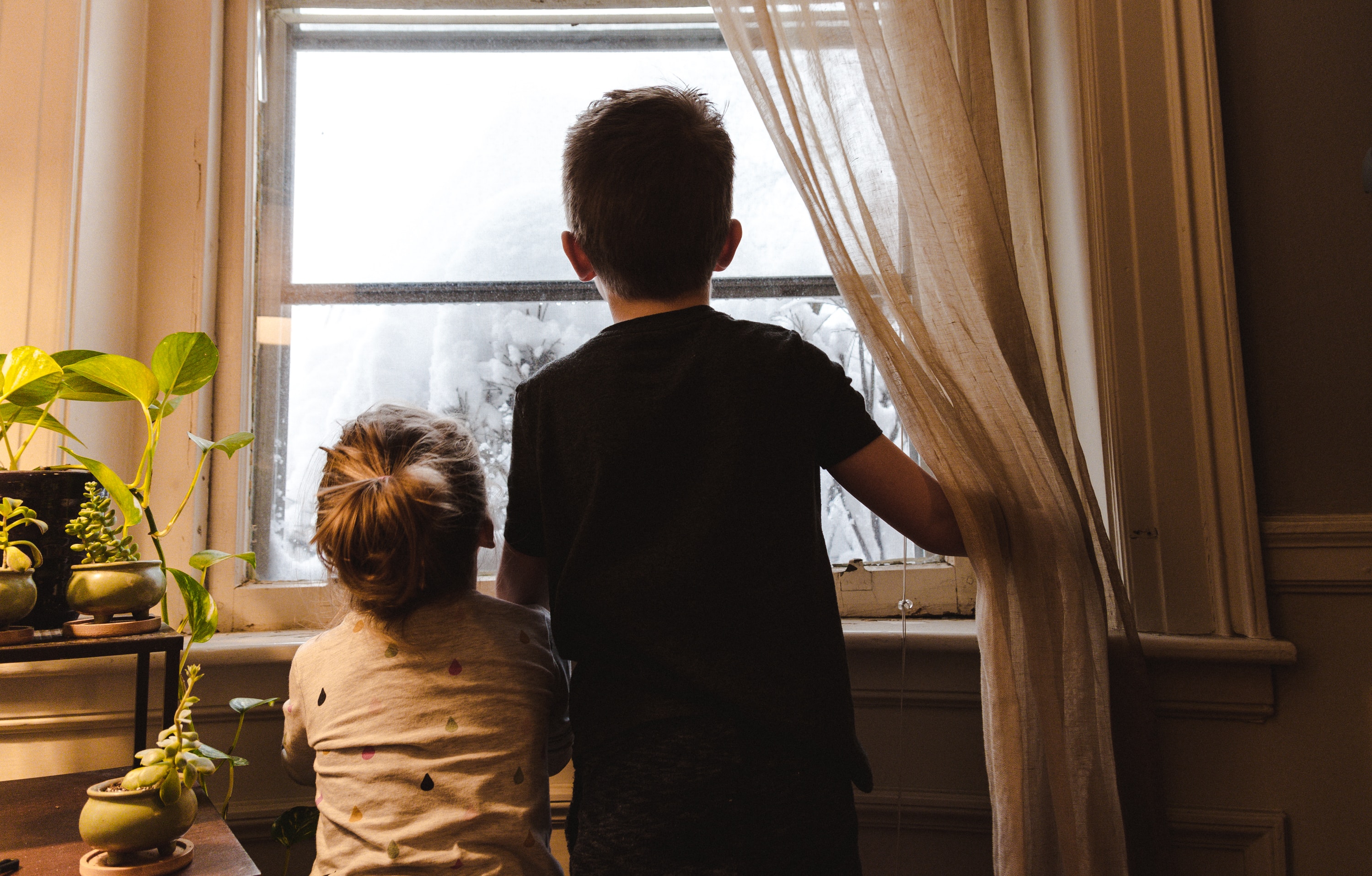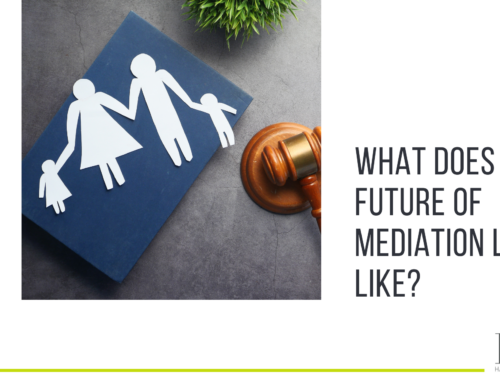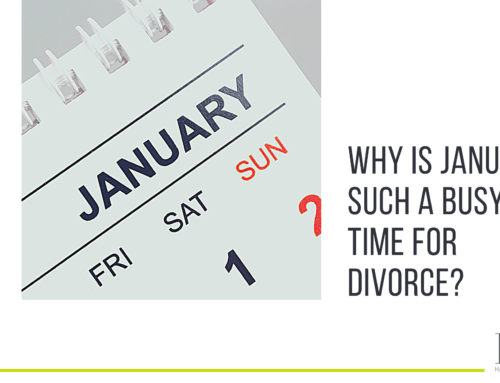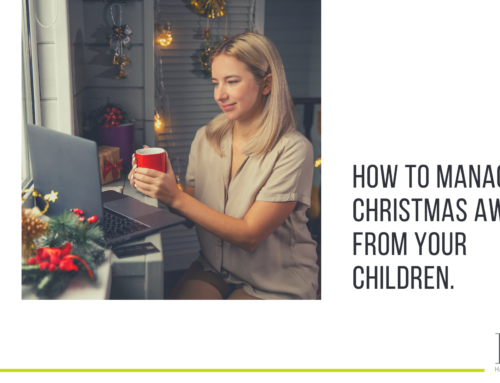Research has shown that the memory of how a child first learns about their parents’ divorce tends to stick with them. This is why it’s worth spending a bit of time discussing how you’ll break the news. It will undoubtedly be one of the most difficult conversations you have as a family but, if dealt with carefully, it can smooth the way for greater understanding and easier co-parenting in the months and years that follow.
Finding the right moment
We work closely with Resolution, the national association of family law professionals, and through its work with counselling services and relationship experts the advice is that in most cases it is preferable for parents to sit down with their children together to talk to them about the separation. This ensures that they hear the same message from both parents which can help to avoid conflict in the future. Sometimes it isn’t possible for both parents to be present or it may not be in the children’s best interests.
The place you choose to break the news will depend on your family and circumstances, but it can often be best to do it at home, where children feel safe and able to express their emotions naturally. The way your children react to the news is impossible to predict and you will both need to be prepared to reassure and comfort them.
What to say
There is no easy way to say it and whatever words you use, express them as calmly as possible and in a language that your children can understand easily. Tell them that it is a decision that you have reached together and reassure them that you will both continue to be their parents, even if you are not all living together. Encourage them to ask questions and not to be worried about letting you know if they’re finding things difficult to come to terms with. By encouraging openness and understanding, you are creating a positive family environment that will have the best possible chance of enduring after you have separated.
If it is not a mutual decision to separate one parent may feel anger towards the other but the children do not need to know who is to “blame” and it is not fair to your children to try to get them to “take sides”.
Remember to talk about the situation from their perspective. They will want to know how their lives might change and may ask if they will still be able to stay at the same school and keep the same friends. They might have questions about family holidays, how birthdays and Christmas will be affected and whether they will be able to remain in the family home. Whilst it’s important to be reassuring, you should also be honest and avoid making promises you might not be able to keep.
At Harrogate Family Law we understand that there will be difficult conversations like these during your divorce and we’re here to help. One of the ways we can do this is by making sure you are clear about the path ahead. That way, you will be able to talk about the practicalities with your family and make informed choices about the future. You can also obtain more information about parenting after parting at www.resolution.org.uk.
To speak to one of our friendly solicitors for a confidential chat give us a call today on 01423 594680.

Emma Doughty is family lawyer who provides straightforward, easy to understand advice. She is passionate about helping people and using her expertise to achieve the best outcome possible. She has been described by her clients as “tremendous and incredibly supportive”.
Everyone’s circumstances are different and this article is provided by way of general information only and must not be relied upon. If you require legal advice on a family law issue, please feel free to contact us by emailing enquiries@harrogatefamilylaw.co.uk.






